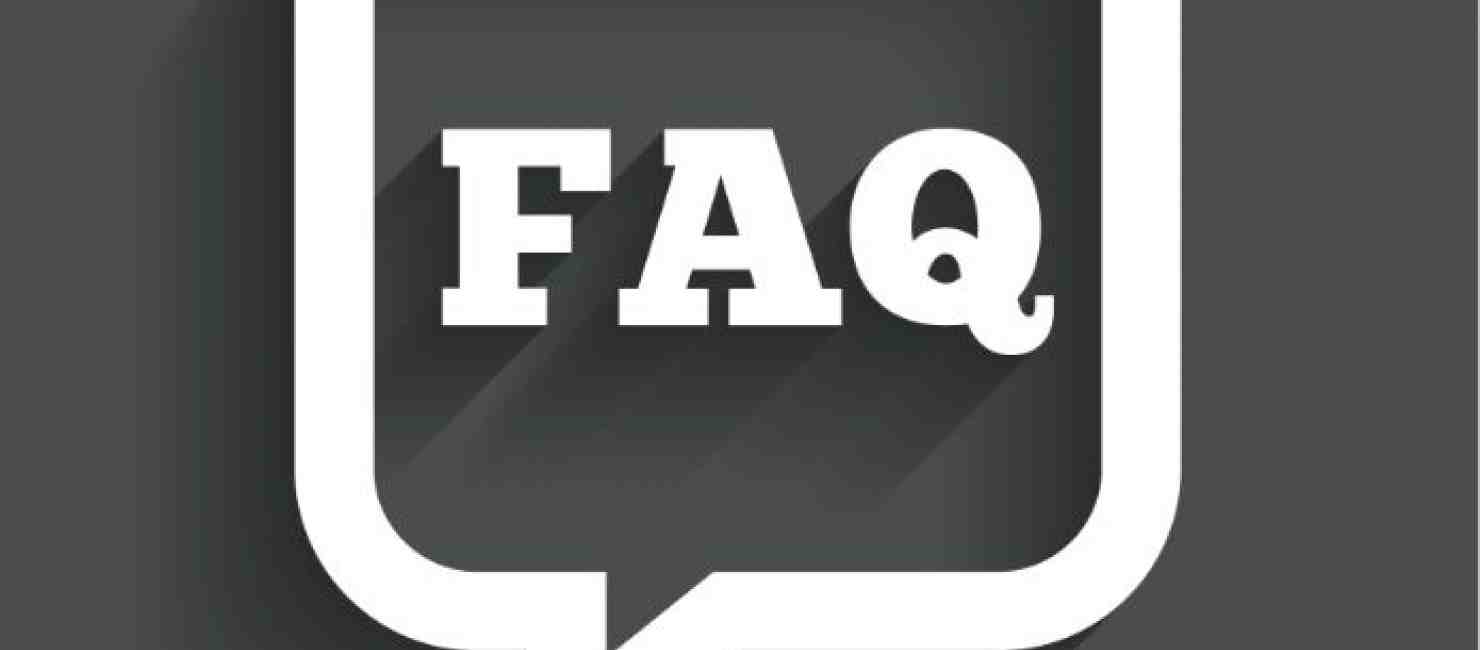What should I do if I know a child has been abused?
Talking to the Child Who Discloses Sexual Abuse
Children rarely lie about sexual abuse. They may be hesitant to ask for help, so they need you to believe them and become a part of the solution to stop the sexual abuse, so they are not discouraged from sharing other difficult things in the future. One of the most important things a caregiving adult can do when a child discloses about sexual abuse is to respond to the child calmly and matter-of-factly. Take a deep breath. Let the child know that no matter what happened or what they say, you will still love them.
Then, take the time to reassure the child that they have done nothing wrong. Let them know that you will do whatever you can to keep them safe, and that you are someone they can safely talk to about this issue. Listen carefully to their responses without suggesting answers. If you need to, ask a few brief open-ended questions about who was involved, when it happened and what happened. If the child seems hesitant to share more, don’t push or ask repeatedly. Instead, stop and involve professional help to learn about more solutions to end child sexual abuse.
It may be useful to get support to help keep your own emotions in check. Recognize that confusion, guilt, and shame about the abuse can make the conversation difficult, both for you and for the child. Acknowledge the child’s discomfort and offer praise for their courage to talk about what may be a very confusing experience for them. Remember that if it’s difficult for you to discuss your concerns, it is likely to be much more challenging for the child.
Legal Factors to Consider After a Child Discloses Abuse
Child sexual abuse is against the law. It is important to seek professional help as a next step if a child discloses or there is evidence that abuse occurred. Whether the person who abused is an adult or child, there are resources throughout the country that can help the survivor, person who harmed, and the family through this difficult situation.
Reporting the abuse to authorities is an upsetting prospect for many families. Yet, filing a report can be a first step to accessing support services. Children who are abused and their families need help to recover from their trauma. Anyone who is harming a child sexually also needs help and support to stop the behavior. And, parents who do not report their child’s sexual abuse after learning they’ve been harmed may face legal consequences for neglecting to get their child help. Our page called Can I Get In Trouble If I’m the Safe Adult has more on this topic.
For more information, guidance and resources, email or call the Helpline or visit our Online Help Center.
Medical Factors to Consider After a Child Discloses Abuse
If a child is suspected to have been sexually abused, medical evaluations are recommended. Sexual abuse can result in a variety of physical injuries that a medical professional can identify, document, and treat. For instance, the medical evaluation will detect signs of sexually transmitted infections (STIs) and provide a collection of forensic evidence.
However, research has found that the majority of children do not show signs of sexual abuse injuries (Herrmann et al., 2014)[1]; medical evaluations may indicate that there is no evidence of abuse, but that doesn’t mean it didn’t happen.
Therapuetic Resources to Consider After a Child Discloses Abuse
Speaking to a professional is also recommended. Child sexual abuse can have potential short-term and long-term effects on the child and caregivers’ mental health. Understanding the impact of child sexual abuse is important. Treatment can include individual, family, and group therapy modalities.
Mandated reporting is another important factor to be aware of. See our FAQ on What is a mandated reporter and what happens when abuse is reported to them.
Learn More
- When a Child Tells About Sexual Abuse
- Treatment and Support Resources for Children and Parents
- Reporting Child Sexual Abuse
Return to FAQs

